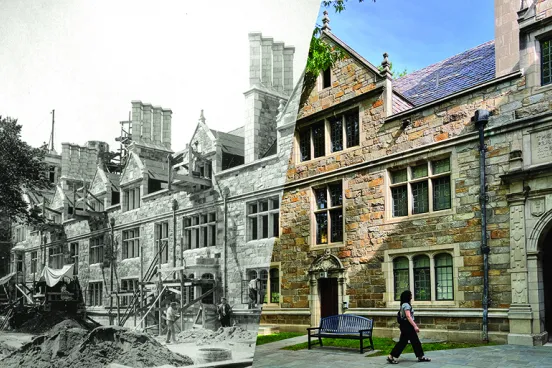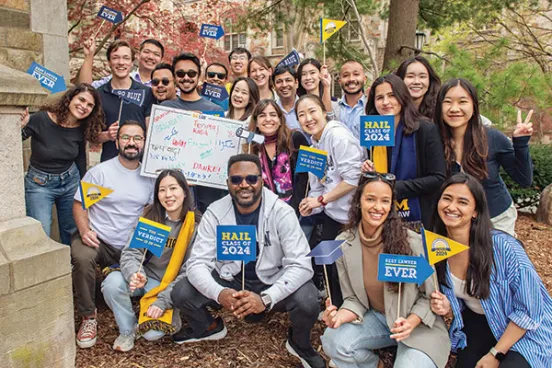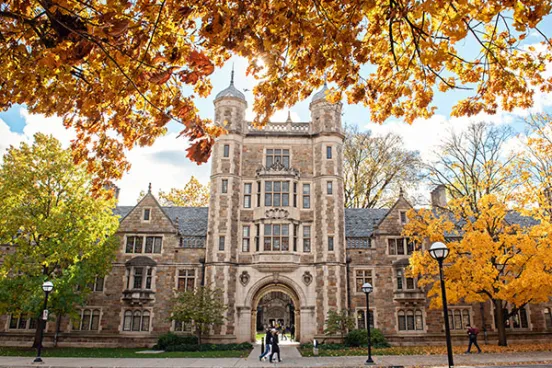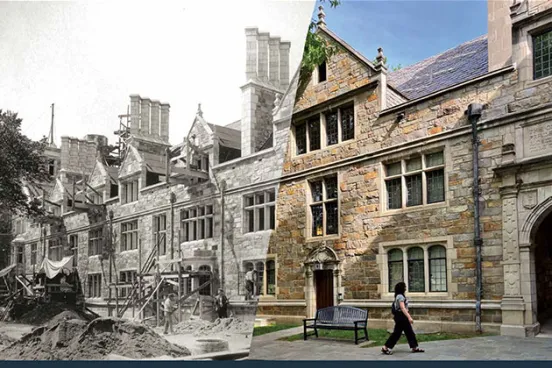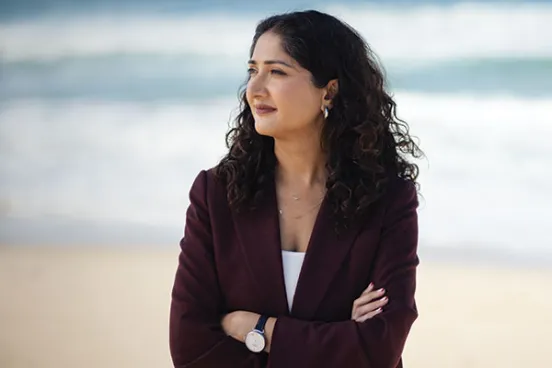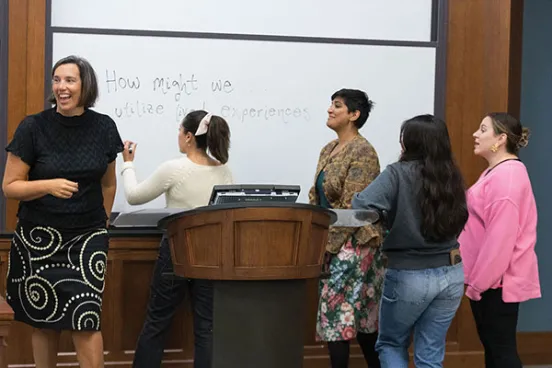
Mattie Peterson Compton, ’75, grew up in a family that strongly believed in the value of education, and she never questioned whether she would attend college—it was expected of her.
“My maternal grandfather helped build South Carolina State University (SCSU),” she says. “When the state announced they would build a college for colored students, he walked down the railroad track from True Blue Plantation and cut the timber for its first buildings. After the college was built, he attended as a student and eventually became a professor of brick masonry.”
Compton’s mother, Mae Cora Stewart Peterson, grew up living on the SCSU campus with the expectation that she would attend one day and earn her undergraduate degree.
After doing so in 1937, she earned her master’s of education from the University of Michigan’s Rackham School of Graduate Studies in 1940.
While attending graduate school, Peterson lived in what was known as the B House, a University-owned women’s residence at 1102 East Ann Street that opened in 1931.
While the residence wasn’t explicitly for Black women, they were welcome there—which, according to the African American Student Project at U-M’s Bentley Historical Library, was generally not the case in the deeply segregated Ann Arbor of the era.
Until its closure in 1946, the residence served as the primary social gathering space for the University’s Black community and housed more than 300 Black women during its 15 years of operation.
Peterson’s roommate in the B House was a woman named Lucia Theodosia Thomas, who was studying at the Law School, and they remained lifelong friends after leaving Ann Arbor. Compton cites Thomas as one of her inspirations for going to law school.
“Knowing there was an African American woman who had attended Michigan Law helped my decision to go there,” she says. “Young people of color should see somebody who looks like them in roles they want to pursue—it helps affirm the idea that they are not in a realm beyond their reach.”
After earning her undergraduate degree from Smith College, Compton enrolled at Michigan Law. After graduation, she became an assistant US attorney for the Northern District of Texas and remained there until 2019, when she retired from her work in the Asset Recovery Unit.
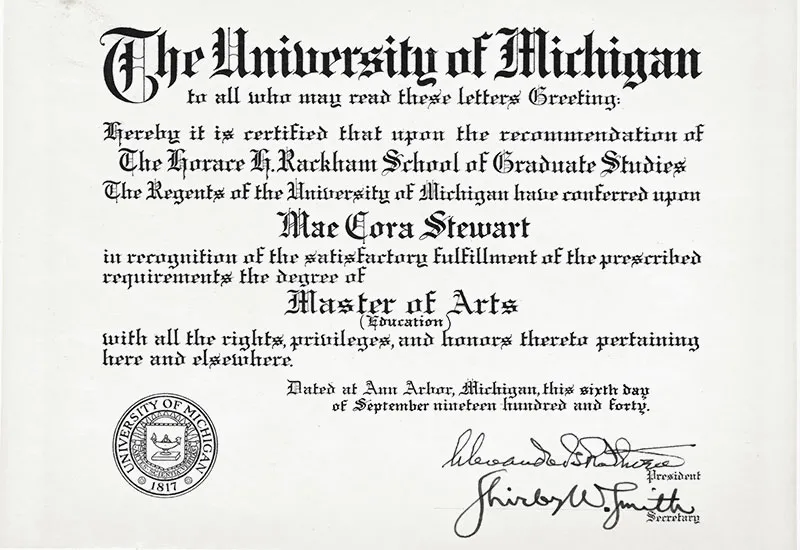
Compton felt a strong sense of responsibility to enact justice through her work on both civil and criminal cases, something she carried with her throughout her career.
One year before retiring, Compton became a full-time caretaker for her mother, who died in 2023 at the age of 106. “If you get to be with your parents in a stage of life where they need your help—after they’ve done so much for you—I don’t think there is anything more valuable,” she says.
In retirement, Compton has become active in her local congregation at Broadway Baptist Church in Fort Worth, Texas, helping to serve on a justice initiative that she now co-chairs.
The initiative, ACT, which stands for Acknowledge, Confess, Transform, was prompted by the murder of George Floyd in 2020. Created to address racial injustice and diversify the congregation for a more inclusive future, the ACT Council is dedicated to acknowledging and rectifying the church’s past.
“One of our outcomes was to explore the history of the church and to make reparations for the things that had been done,” says Compton. “Others include establishing a standing justice committee at the church, changing our mission statement, and exploring ways in which the education provided could inform members of all ages about racism and white supremacy.”
Compton also is active with her undergraduate alma mater. She serves on Smith College’s board of trustees, is a vice chair of the board and vice chair of the governance committee, and served on the presidential search committee that recommended Smith’s 12th president. She recently joined Smith’s medal committee, which recommends graduates for recognition of work that has had significant societal impact.
Michigan Law has long benefited from Compton’s support as well. She has remained an annual donor to the Law School Fund since 1987 and has steadily increased the amount of her giving in the decades since.
“I watched my mother be a financial supporter wherever she was involved,” says Compton. “I also received grants and loans in law school and could not have attended without that financial support. Knowing there are many first-generation students, I want to help in any way I can.”


